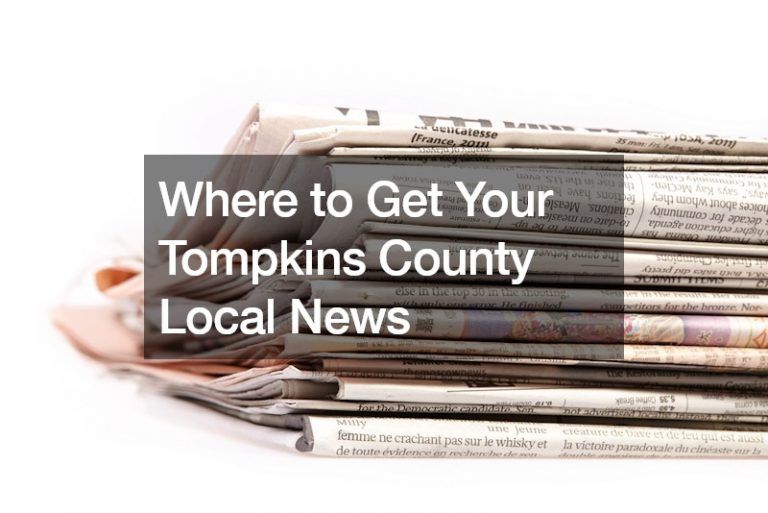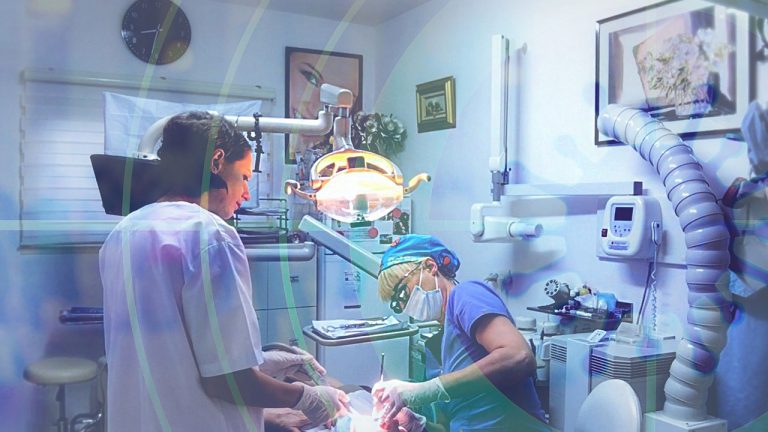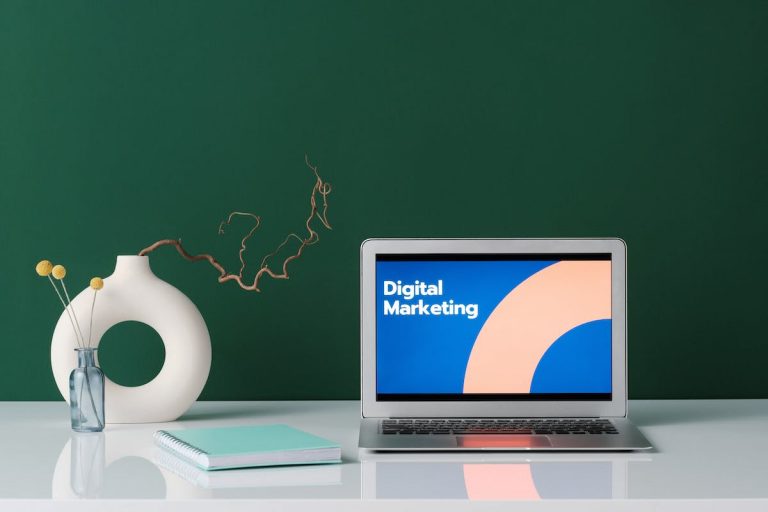

Surprisingly, a simple choice at the grocery store could have global consequences. Newer packaging design for cheese, meat, and even pet food is working to save energy and is also reducing the amount of waste that is being sent to landfills. In fact, for every ton of plastic that gets recycled across America, enough energy is saved to power the average American home for six months. One ton of recycled plastic also saves more than 16 barrels of oil, the equivalent of 700 barrels of kerosene, and more than 800 cubic feet of space in a landfill.
Most Americans have access to local recycling programs, and there is a wide variety of plastics that can be recycled. However, manufacturers who produce customized packaging bags such as stand-up pouches for yogurt and milk, and customized zippered pouches for cheeses and meats, are starting to work to reduce the amount of plastic that must be recycled in the first place.
In general, the amount of plastic used in packaging has declined in the past two decades: the average milk jug weights about one-third less than it used to twenty years ago. Resealable packaging can work to extend the life of the product it holds, and the movement toward stand-up pouches for drinks and snacks is also helping food stay fresher once it is opened. The average America family wastes more than 20 pounds of food, per person, every month.
Overall, the expectation for the resealable and flexible customized packaging bags market is that it will continue to grow: from about $75 million currently to more than $100 million the next several years. Shrinking the size of plastic packaging can also mean lower fuel costs for delivery and less industrial waste overall. Consumers continue to demonstrate high interest and commitment levels to companies that use renewable energy, that work to recycle, and that provide an affordable range of products and services.
Some larger companies can also work to deliver customized packaging bags to smaller businesses with a need for smaller batches of zipper packaging, stretch sleeves, or stand-up pouches. Having the flexibility to deliver timely solutions to smaller businesses also affirms companies’ commitment to reducing waste; although local customized printing options may still be developing, there are larger packaging companies who make their services available via the internet.
In a global economy where as much as one-third of all available food is wasted and put into landfills to accumulate, the future may look back to this century as the beginning of the end of wasteful packaging options. Experts say that, with such an increase in market share for customized packaging bags, the shift toward low-waste packaging may be inevitable.


